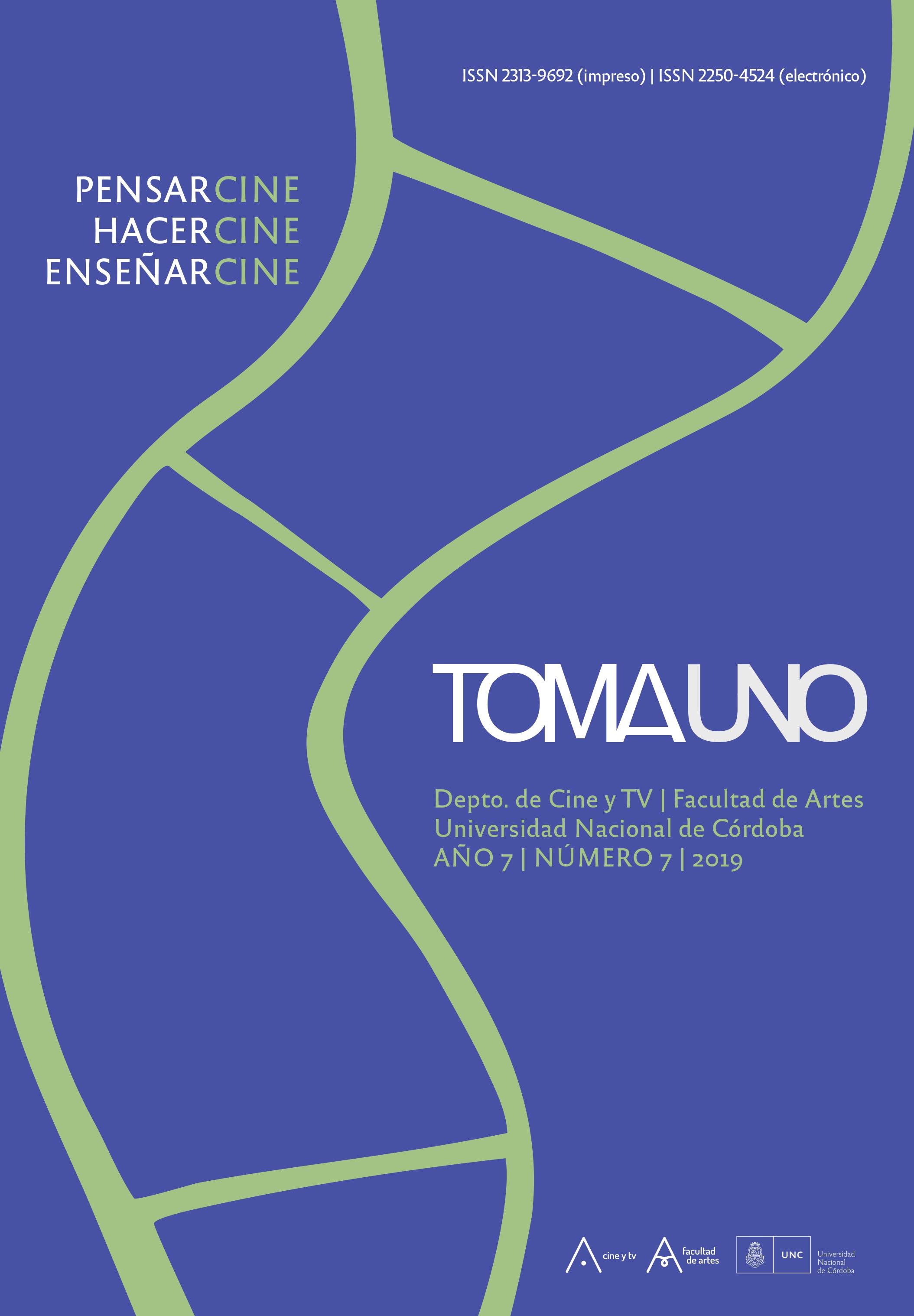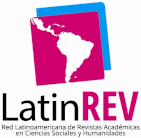Have you ever questioned the nature of your temporality? About Westworld and the meaning of time in TV series
DOI:
https://doi.org/10.55442/tomauno.n7.2019.26193Keywords:
TV series, cyclic time, Yuri Lotman, cultural semiotics, freedomAbstract
We will analyze Westworld (HBO, 2016), story that allow us to exemplify how current series are working on interesting temporal disintegrations. In a special way, this will be seen through recurrence to a cyclical time, a category developed by Yuri Lotman's semiotics in order to explain the iterative, imperfect and timeless character in certain mythical texts. However, cyclicity concern a deeper semiotic mechanics, logic productive to evaluate the way in which cultural and textual systems organize their memories and model an understanding of humanity. Therefore, we will try to sketch a theoretical proposal in order to approach a methodical application and to account for some reasons of its relevance to read productions of meaning in the temporal configurations of some recent series. In this sense, Westworld functions as a representative text, an effective narration to elucidate that, behind the formal and argumental inclusion of this temporality, there is a strong questioning about the nature of freedom and the human condition.
Downloads
References
Arán, P. y Barei, S. N. (2005). Texto/Memoria/Cultura. El pensamiento de Iuri Lotman. Córdoba, Argentina: El Espejo.
Barei, S. N. y Ammann, B. (1988). Literatura e industria cultural. Del folletín al best-seller. Córdoba, Argentina: Alción.
Carrión, J. (2014). Teleshakespeare. Las series en serio. Buenos Aires, Argentina: Interzona.
Cascajosa Virino, C. (2016). La nueva edad dorada de la televisión norteamericana. Secuencias, (39), 7-31.
Eco, U. (1990). Introduction. En Y. Lotman, The Universe of the Mind (pp. 7-13). London, England: Tauris & Co.
Eco, U. (1994). Seis paseos por los bosques narrativos. Barcelona, España: Lumen.
Eliade, M. (1972). El mito del eterno retorno. Madrid, España: Alianza.
Foucault, M. (2014). Las redes de poder. Buenos Aires, Argentina: Prometo.
Gómez Ponce, A. (2017). Depredadores. Fronteras de lo humano y series de TV. Córdoba, Argentina: Babel.
Gómez Ponce, A. (2018a). Vistas del pasado. Las series televisivas después del 11-S. Animus. Revista Interamericana de Comunicação Mediática, 17(34), 247-265.
Gómez Ponce, A. (2018b). En la bordura de los instintos. Sobre los textos del arte y las fronteras con lo animal en la semiótica de Yuri Lotman. En S. N. Barei y A. Gómez Ponce (Comps.), Lecciones sobre la cultura y las formas de la vida. Encuentro Córdoba-Tartu (pp. 141-160). Córdoba, Argentina: CEA.
Gómez Ponce, A. (2018c). Versiones y conversiones del asesino serial. Escenas del museo gótico en The Fall. 452°F. Revista de Teoría de la Literatura y Literatura Comparada, (19), 114-132.
Gómez Redondo, F. (2008). Manual de crítica literaria contemporánea. Madrid, España: Castalia Universidad.
Lotman, Y. (1990). The Universe of the Mind. London, England: Tauris & Co.
Lotman, Y. (1998 [1992]) La Semiosfera II. Madrid, España: Cátedra.
Lotman, Y. (1999). Cultura y explosión. Barcelona, España: Edhasa.
Sánchez Navarro, J. (2006). Narrativa audiovisual. Barcelona, España: UOC.
Sarlo, B. (1993). Modernidad y después: la cultura en situación de hegemonía massmediática. Alteridades, 3(5), 51-58.
Toporov, V. (2002). Ciclicidad. En R. Acosta (Ed.), El árbol del mundo. Diccionario de imágenes, símbolos y términos mitológicos (pp. 114-117). La Habana, Cuba: Casa de las América / Criterios.
Filmografía
Nolan, J. y Joy, L. (creadores), Martin, C. (productora) (2016). Westworld [serie de televisión]. Estados Unidos: HBO, Kilter Films.
Downloads
Published
Issue
Section
License
This work is licensed under Creative Commons Attribution-NonCommercial-NoDerivs 2.5 Argentina .


































